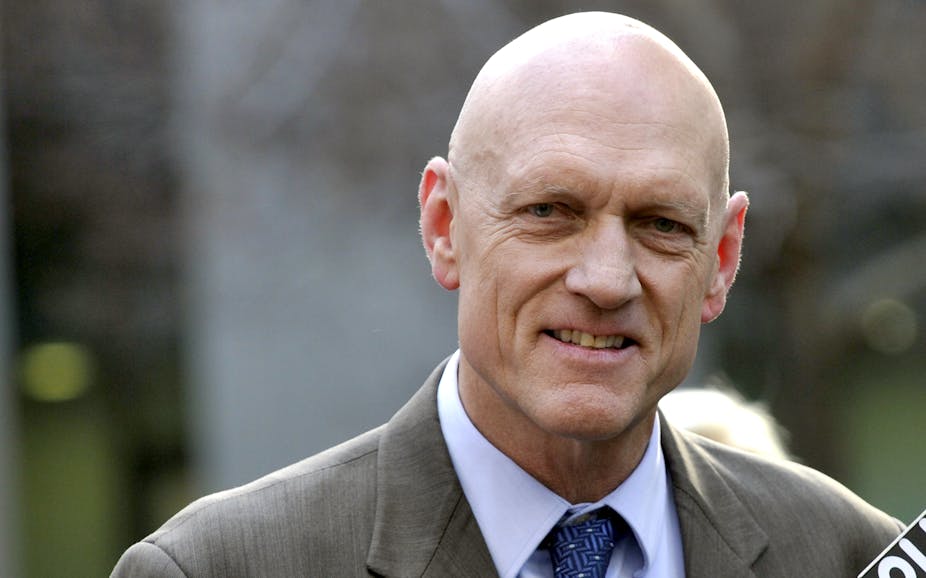Finally, perhaps the time has come. The Australian Charter for the Professional Learning of Teachers and School Leaders and the Australian Teacher Performance and Development Framework, both signed off by state and federal education ministers on Friday, have the potential to support a significant rethink of teacher development and learning in Australia – a rethink that is well overdue.
Predictably, the major news outlets’ coverage has skipped over the main story to focus almost exclusively on teacher appraisal as a tool for punishing “bad” teachers, with headlines like Back to School for Queensland Teachers who get Ds (The Courier Mail), and Teachers to Undergo Performance Reviews (ABC News).
I say predictably because the Australian media rarely wastes an opportunity to position teachers as requiring remediation and disciplining, drawing on the fact that we’ve all been to school and can all remember one we didn’t like.
The real story, however, is far bigger than how to deal with the small percentage of teachers who wilfully underperform. And neither is it about the (shock! horror!) idea that students and parents might be brought into the conversation about teachers’ practice – more about that one later.
The real story is that at the heart of charter and its corresponding framework is an understanding that teaching is a complex, messy, human business where “performance” or “effectiveness” can’t be measured via students’ NAPLAN scores or even their ATARs.
There’s an understanding also that real teacher learning and development needs to be relevant, collaborative and future-focused: this is no one-size-fits-all, spray-on or drive-by business, but something more purposeful, sustained and far more powerful.
Lawrence Stenhouse, the great British curriculum reformer, called in the 1970s for teaching to become a research-based profession. This was no call, however, to what we might recognise today as “evidence-based practice”, often a sterile and compliance-driven process where the evidence in question is so narrowly defined as to be meaningless.
No, Stenhouse was referring to teachers systematically engaging in robust processes of inquiry in relation to their practice, working within their communities to ask tough questions of themselves and each other, to gather and make sense of data about their practice from a rich variety of sources, and to make public their findings.
In 1975, he wrote:
“There can be no educational development without teacher development…the best means of development is not by clarifying ends but by analysing practice”.
The Australian Teacher Performance and Development Framework opens the door to the possibility that this kind of teacher professional learning and development might, over time, become the dominant model in Australian schools.
For that to happen, however, we’ll need to resist the urge to mandate every detail of the process across the range of different school contexts and trust schools and teachers to develop local processes that work for them – this one is hard for us, so fond are we of the technologies of compliance and so distrusting are we of difference.
We’ll also need to provide teachers with significant conceptual and practical support in analysing and improving their teaching, and encourage them to engage in the process authentically, without the fear that admitting that there might be room for improvement is akin to proclaiming oneself to be a hopeless joke of a teacher.
This one is hard too – it can be difficult to engage in a process that allows the chinks in the armour to open up during times when, as I’ve noted above, the media seems intent on positioning teachers as substandard and in need of remediation, and public opinion is so easily shaped by such rhetoric.
So there are some factors in our systems, both societal and educational, that might yet see this relegated to another set of empty words. I do find myself hoping, however, that, at a time when so many of the international education trends to do with compliance and standardisation are being shown to have failed our children, the counter-cultural promise of the charter and framework might just find some fertile ground.

